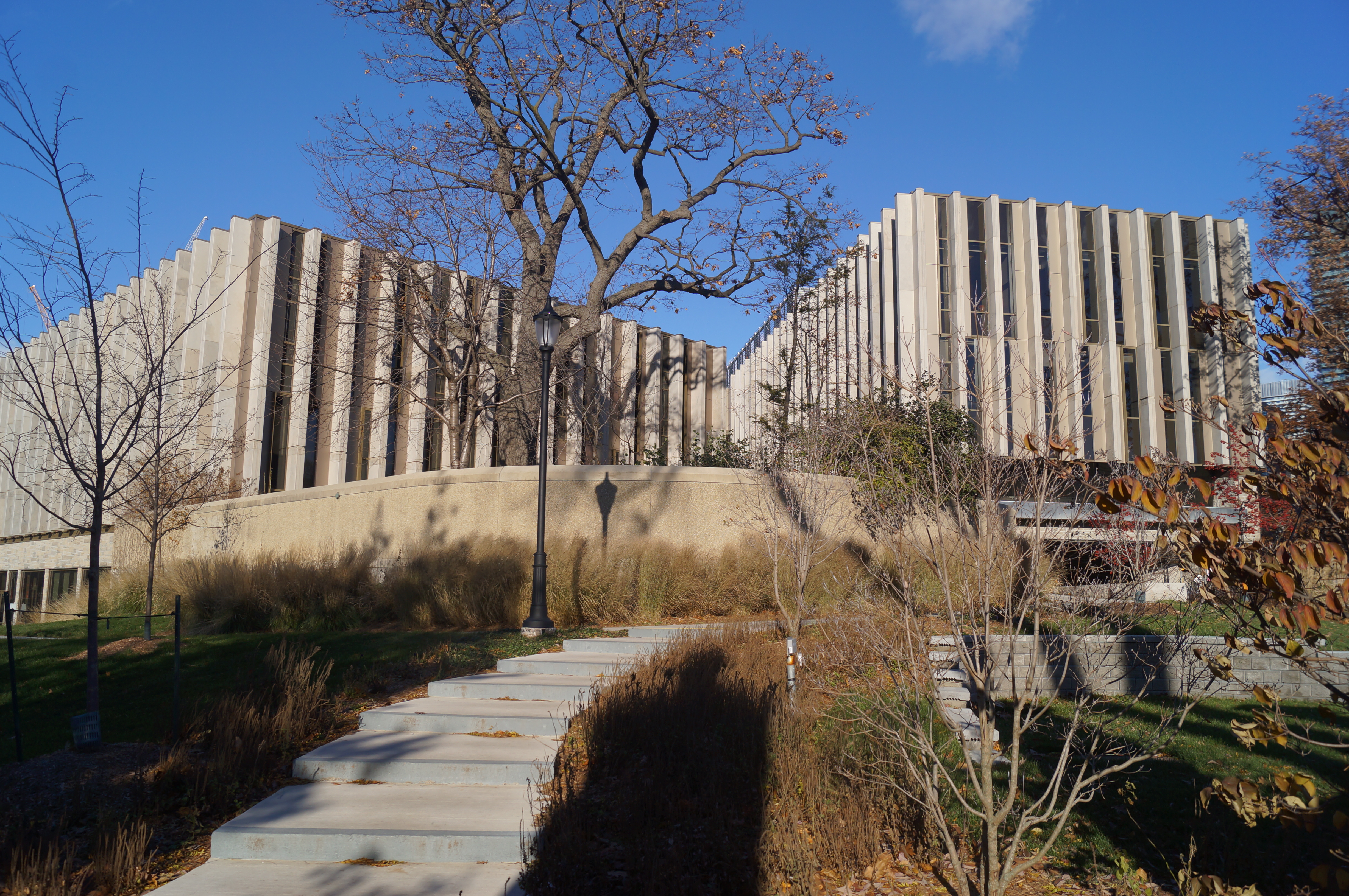Two minutes to midnight: the reductive nature of applications to grad school
In one’s final year of university, one might notice a curious temporal coincidence. On the first Sunday of November, daylight savings time ends, bathing our late afternoons in wintry darkness; simultaneously, it is time to apply for graduate school. Upon further examination, this, of course, is no coincidence at all. Grades, letters, statements, test scores… When conceptually unwrapped, we see that these are foils for phenomena of a much more ephemeral nature: darkness, time, death, and the ether. Grad school applications compact the incomprehensibly multi-faceted reality in which we exist into a virtual bubble.
In the words of T. S. Eliot, they
“squeeze the universe into a ball,
to roll it towards some overwhelming question,
To say: “I am Lazarus, come from the dead,
Come back to tell you all, I shall tell you all”
An application to graduate school is an academic procedure in name only. What lies beneath the facade is a spiritual journey — judgment, death, and finally, rebirth.
Most of those who have ever had ambitions of going to graduate school have been, consciously or subconsciously, swayed by the influence of looming applications. Even in their early undergraduate years, a student who deeply cares about succeeding in coursework is often the student attending to the duty prescribed to them by grad school applications sitting far into the distance. This duty is as a germaphobe, a fastidious caretaker consumed by the task of keeping their transcript squeaky clean, lest it may be stained with low grades or dusty with poor choices of courses in the sterile presence of an admissions committee. What eventually grows into an obsession (for someone who longs for grad school desperately enough) starts for most as a nagging pressure, an ever-present anxiety reminding one to treat their transcript as a temple.
When all of the learning experiences one has ever had and all of the course material one has ever interacted with are safely packaged away into a sealed envelope stamped with the University’s coat of arms, more pieces of the application come into play. What often accompanies the transcript entrée is a mouthwatering side-dish — a seasonal selection of GRE General scores, GRE Subject scores, GMAT scores, LSAT scores, and sometimes even MCAT scores (ask your server). This is yet another way that grad applications exert their unshakeable habit of compartmentalization: one’s knowledge of an entire subject, and sometimes even one’s entire level of intelligence, must be carefully folded and wrapped up into a test score for timely delivery to an admissions committee. The process of taking these tests is often when the “hero’s journey” of the application process comes into focus: these are tests of confidence, speed, and physical stamina. A seasoned GRE-taker would be correct in telling you that taking a break to urinate during the GRE would be a terrible mistake. One’s physical fitness, ability to sleep without worrying too much, bladder size, and ability to perform on minimal food and water are essential to the exacting task of converting one’s self-worth into a three-digit number over the course of a three-hour block.
I wax too cynical, though, as a hero’s journey is never completed alone. There are always travelling companions, people rallying around the protagonist ready to support them whenever times get tough. Graduate school applications heighten the meaning of these supportive bonds between a hero and their companions by turning them into contractual obligations. Often said to be the most important part of an application are letters of recommendation from these companions (professors), which of course, the hero (applicant) has no part in writing. Perhaps, though, there is a part to be played. During one’s undergraduate years, relationships formed with one’s professors can be some of the most enriching relationships one experiences. With graduate school looming in the distance, though, the compacting nature of applications exerts its influence. While professor-student relationships bloom, both parties know that the legacy of these relationships must eventually be chronicled in a one-page statement by the end of the first semester of the student’s fourth year. And accordingly, these relationships adjust themselves to exist for posterity’s sake: thoughts of the eventual letter that will summarize this bond supersede any sustained hope of genuine or extemporaneous acts of connection.
Despite all this, the application process’ tendency to condense years of an individual’s experience into a few page-long components is not an error or fault of the application process. The act of applying to graduate school is the act of requesting to be judged. Though the act of judgment itself certainly has flaws, the compressing nature of applications is a property of this request. Once this request is made, usually in December (once one has been inured to the long, dark evenings of DST), a curious period in the hero’s life begins. The universe has been squeezed into a ball, and the ball is in the process of rolling toward the overwhelming question they await so desperately. As it rolls, so do the few pages inside it, containing all of the applicant’s experiences, intelligence, and relationships. Watching these roll away, Lazarus waits patiently in his grave for what he knows will eventually come.
